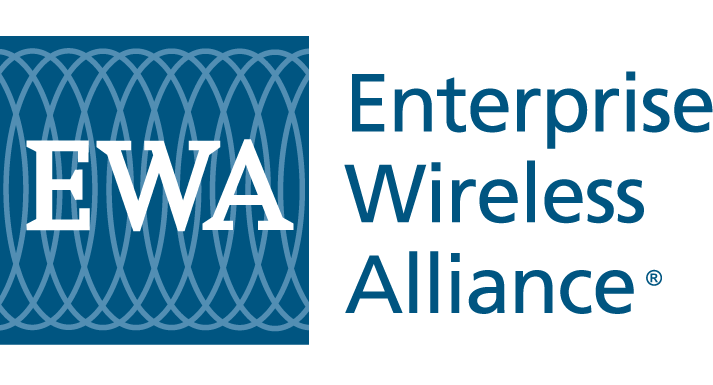EWA Urges FCC to Test SAS Concept Before Applying to 6 GHz
The Enterprise Wireless Alliance (EWA), the national association and leading advocate for business enterprises that rely on private wireless communications systems, has urged the Federal Communications Commission (FFC) not to proceed with any band-sharing within the 6-GHz microwave bands unless and until empirical evidence shows that unlicensed usage can be controlled sufficiently to avoid causing destructive interference. The FCC has identified the 6 GHz band as spectrum that could be used for 5G, which would help to quench the American thirst for broadband. However, current users of the band include first responders, utilities, railroads, carriers and other wireless licensees that provide mission-critical operations.
In an ex parte letter filed June 1, EWA acknowledged and lauded efforts by the FCC to “make intensive use of all spectrum. Technological advances are creating the opportunity for increased shared use of bands. But theoretical sharing solutions must prove out in the real world before they are unleashed in bands such as 6 GHz that are heavily populated by systems with very limited interference tolerance.”
While agreeing with the FCC that spectrum management through a Spectrum Access System (SAS) holds promise, EWA cautions the Commission against moving forward with a risky and untested spectrum policy. A real-world opportunity to test an SAS-like system exists in the case of Higher Ground LLC, which the FCC is allowing to deploy up to 50,000 unlicensed devices in the 6 GHz band. Higher Ground plans to manage the interference potential of these devices via a remotely and automatically controlled database lookup system. Because the FCC increasingly proposes to rely on SAS-like systems when introducing dynamic sharing among different system types and technologies in a band, it should determine whether practice proves these theories.
In the filing, EWA President Mark Crosby made the following statement:
“Consumers may want to stream movies and play games on their wireless devices, but they also want their electricity to stay on, water to flow to their homes, police, fire and emergency responders to protect their safety, and trains to run on time and on their tracks. Until the FCC has assured itself through empirical, not just theoretical data, it should not permit additional unlicensed sharing in the 6 GHz band.”
About the Enterprise Wireless Alliance
EWA is an FCC-certified frequency advisory committee that provides license preparation, spectrum management and associated services to business enterprises, private carriers, public safety entities and wireless sales and service organizations. Membership within EWA is open to users of wireless communications systems, vendors, system operators and service organizations. Additional information about membership and services is available at www.enterprisewireless.org.
